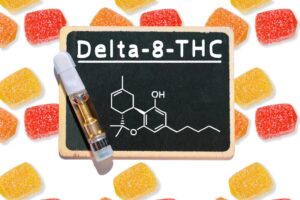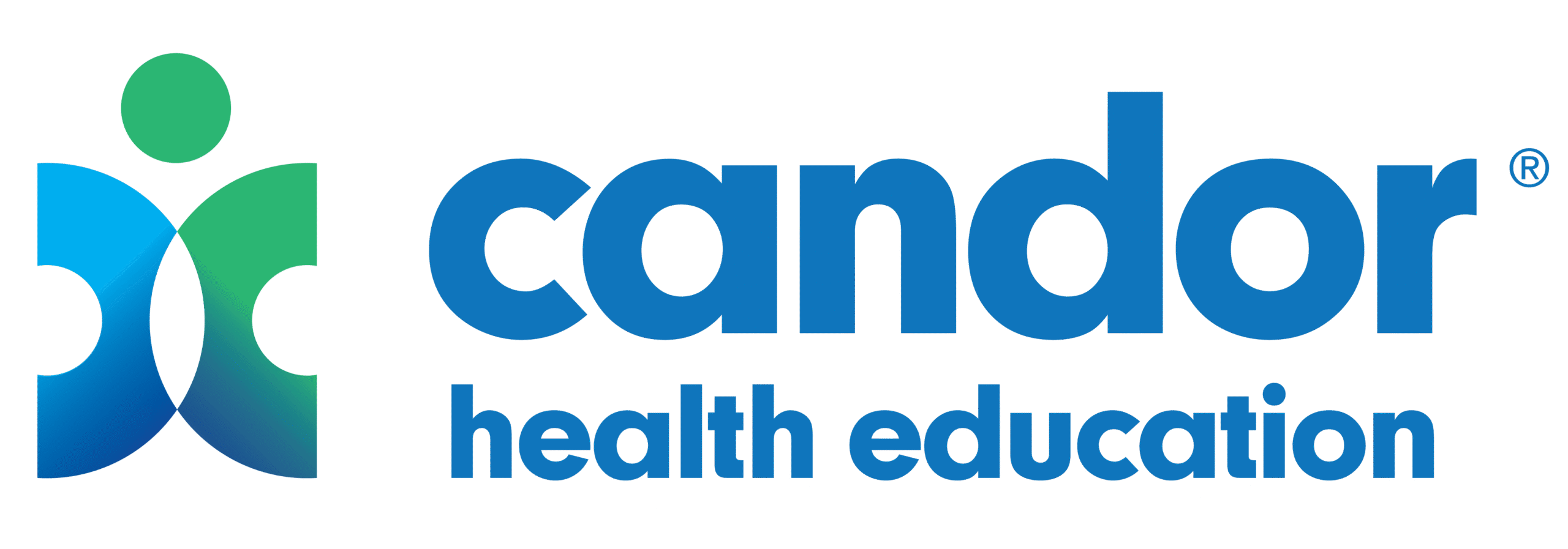Let’s talk about the dangers of Delta-8 or “Diet Weed”. Delta-8 THC is a synthetic substance–man-made and derived from hemp. While hemp became legal through the 2018 Farm Bill, this doesn’t mean all hemp-derived products are safe. Delta-8 is sold in forms that look just like familiar marijuana products–vapes, edibles, oils, and more. 
But here is the concern: Delta-8 is unregulated.
There are no standard controls for how it’s made how strong it is, or what chemicals are added in the process. It often contains unknown concentrations of THC, the psychoactive compound that causes a “high.” Manufacturers may alter the color or refine the product using additional chemicals, creating potentially harmful by-products.
Why This Matters to Adults Working with Youth:
- Delta-8 products are intentionally made to look fun and harmless. They’re colorful, come in candy or gummy form, and are easy to find–sold online, in gas stations, and in convenience stores.
- Some locations sell these products with little to no age restriction, making it easy for young people to access them–even though they may not fully understand the risks.
- Marketing often misleads consumers into thinking Delta-8 is “natural,” “safe,” or even “therapeutic,” which can be especially dangerous for individuals looking for pain relief or alternative treatments without knowing the side effects.
- Some side effects of Delta-8 include: vomiting, anxiety, panic attacks, paranoia, hallucinations, and confusion.
So, What Can We Do?
- Make sure to explain that, just because a product is legal doesn’t make it safe.
- Talk with your children and students about the risks of using products like Delta-8, even if they’re sold openly.
- Stay informed and help young people navigate these tricky messages with facts–not fear.
 Written by: Liz Garcia, Senior Health Educator
Written by: Liz Garcia, Senior Health Educator
Related articles:
High-Potency THC and its Impact on the Developing Brain
Legal Does Not Mean Safe
